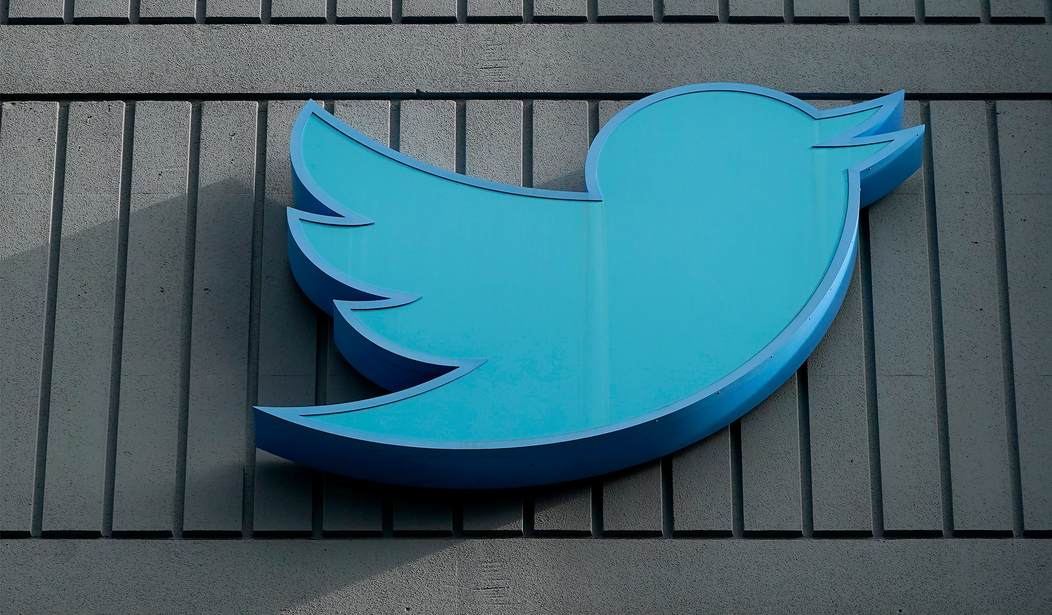Amid the death of the American republic, the death of Twitter’s blue check is comparatively trivial, but there are certain parallels: both our republic and the blue check are examples of things that used to mean one thing and now mean quite another, while retaining the appearance of being what they originally were. The New York Times reported Friday that “starting on Saturday, many Twitter accounts will lose the check mark under modifications being made by Elon Musk, the social media company’s owner.”
Now, if you want a blue check, all you have to do is shell out eight bucks a month, or an eyebrow-raising thousand bucks a month if you’re an organization, and one will magically appear on your account. But why anyone would want to pay a penny for such a thing remains a mystery. It would be like being proud of getting an award from Old Joe Biden’s enforcement arm, the FBI.
“The blue check mark on Twitter has long conferred a special status,” says the Times, but exactly what kind of special status was conferred has shifted over time. Originally, the old pre-Elon Musk Twitter regime devised the blue check to signify public figures. Many people were impersonating celebrities and other notable people, and so the blue checkmark was a service to help readers distinguish the real famous person from all the fakes. When that was the case, the checkmark actually was a certain mark of distinction, albeit a staggeringly minor one, as it indicated that here was someone who had actually achieved something in life and was noteworthy in some way.
The old Twitter regime quickly began to muddy the waters, however, by confiscating the blue check from people who dissented from the Left’s agenda. One of the first to lose the mark, back in 2016, was the old right-wing gadfly and fame-seeker Milo Yiannopoulos, who shortly thereafter was banned from Twitter altogether (and belying his promises of open discourse, by the way, Free-Speech Musk has not restored Milo’s account). Was Milo no longer a notable person? He may not be now, but he still was then; Twitter, however, had begun to treat its blue checkmark as some sort of badge of honor rather than a simple device to discern a real famous person from impersonators. This coincided with the growing popular notion that the thing was some kind of award.
What it really amounted to, however, was an early means of social control. Now the social media giants are widely known for stifling patriotic voices and those of other dissidents from the Leftist establishment line. In 2016, however, all that was just beginning, and one of the first efforts to try to corral people into being afraid to express disagreement with the political and media elites was the bestowal and withholding of the blue check based on one’s expressed opinions. The withholding of the blue check from Milo and others was clearly intended to have a chilling effect, to make people think “I better toe the line, or I could lose my blue checkmark as well.”
Related: Hey Elon, What Happened to the Free Speech You Promised Us?
Now Musk has further confused the situation, and in the very act of charging for his blue check, rendered it absolutely worthless. Starting Saturday, the blue check doesn’t mean that the person who has it is notable in any way. Nor does it enable people to distinguish a famous person from impersonators. The Times warns that under the new arrangements, “it may become harder for most users to discern real people from phony accounts. If check marks are removed from the accounts of celebrities who are unwilling to pay for Blue, for example, it could become difficult to distinguish their accounts from impersonators.” But the blue check mark itself doesn’t mean anymore that someone is real and not a phony. All the blue check means now is that someone has plunked down eight dollars a month.
Why anyone would care to do that, Mr. Musk has not deigned to explain, any more than he has explained why he has so spectacularly retreated from his promises of free speech. Musk is apparently losing money on Twitter; the Times notes that he “said Twitter is now worth about $20 billion, according to an email he sent to employees, a significant drop from the $44 billion that he paid to buy the company in October.” Maybe Twitter will end up dying. Considering that it is still not a platform that allows free and fair access to dissident accounts, after multiple promises from Musk and some heady whiffs of freedom in the early days of his ownership, it would not be mourned.

